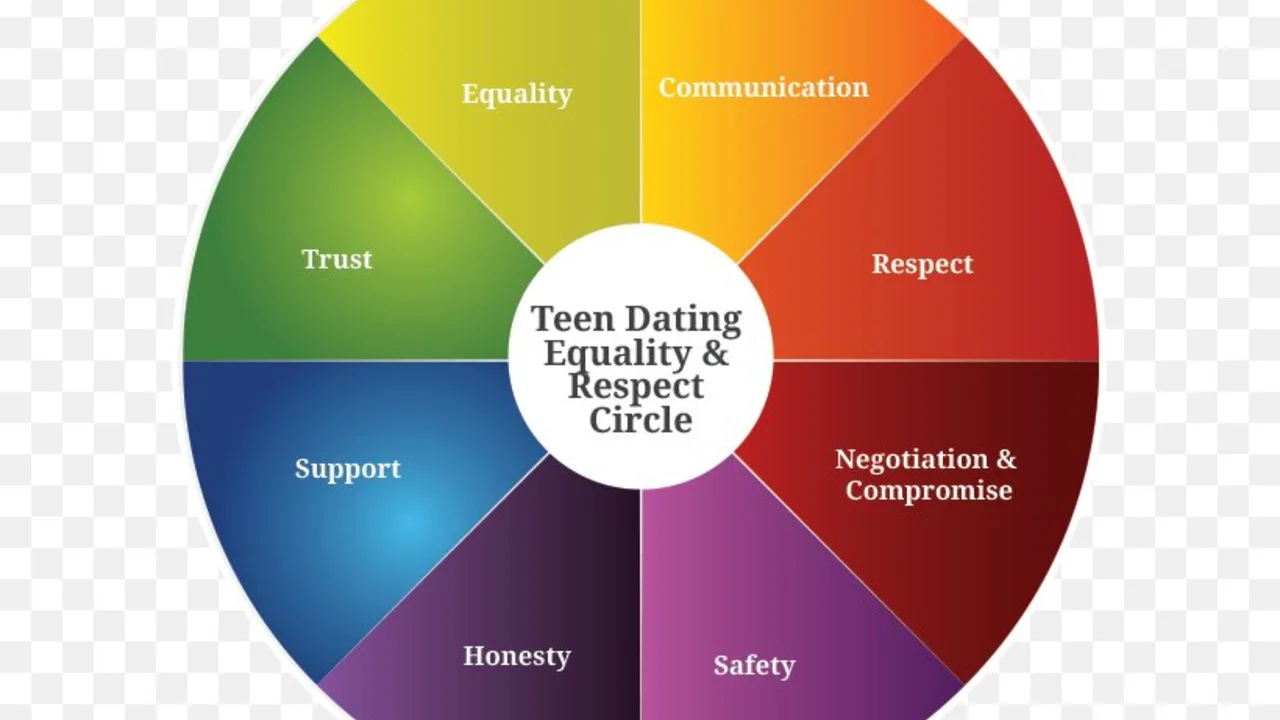If you ever feel like your mood is on a roller‑coaster, you’re not alone. Emotional health isn’t a luxury; it’s the foundation for staying productive, sleeping well, and enjoying life. Below you’ll find down‑to‑earth habits you can start today, plus quick tools for those moments when stress hits hard.
First, think of your day as a collection of tiny choices. A short walk after lunch, a glass of water when you wake up, or a five‑minute journal entry can shift how you feel. Research shows that moving even a few minutes boosts serotonin, the brain chemical that lifts mood. So keep a pair of sneakers by the door and step outside when you can.
Next, pay attention to food. Sugar spikes can leave you jittery, then drained. Try swapping a sugary snack for a handful of nuts or a piece of fruit. The steady energy from protein and healthy fats helps keep irritability at bay.
Sleep is another non‑negotiable. Aim for 7‑9 hours and create a bedtime ritual: dim lights, no screens, and a few deep breaths. When you consistently get good rest, you’ll notice less mood swings and a clearer mind for decisions.
Lastly, connect with people you trust. Even a quick text to a friend can signal that you’re not isolated. Social support is a proven buffer against anxiety and depression, so make it a habit to check in, share a laugh, or ask for a listening ear.
When stress arrives uninvited, you need fast tricks. One of the easiest is the 4‑7‑8 breathing technique: inhale for 4 seconds, hold for 7, exhale for 8. Do this three times and you’ll feel a noticeable drop in tension.
If you can’t find a quiet spot, try progressive muscle relaxation. Starting at your toes, tense each muscle group for five seconds, then release. Work your way up to your head. This simple routine tells your nervous system it’s safe to unwind.
Another handy tool is the “5‑4‑3‑2‑1” grounding exercise. Look around and name five things you see, four you can touch, three you hear, two you smell, and one you taste. It pulls your focus away from racing thoughts and into the present moment.
For longer‑term stress reduction, consider a short daily meditation app. Even five minutes of guided breathing can lower cortisol levels over weeks. Pick a voice you find soothing and stick with it; consistency beats duration.
All these tips link back to the articles on our site. For deeper dives, check out our guides on sleep and heart rhythm, natural stress relievers, and how yoga can help with supraventricular tachycardia. Each piece offers evidence‑based advice you can trust.
Remember, emotional health isn’t a one‑time fix. It’s a series of small, repeatable actions that add up. Pick one habit from the list, try it for a week, and notice how you feel. Then add another. Before long, you’ll have built a toolbox that keeps you steady, no matter what life throws your way.

Hi there, as a devoted relationship enthusiast, I've tackled a topic very close to heart - the impact of weakness on relationships. In this post, I'll be digging into how personal weaknesses can disrupt not only our individual lives but the harmony in our relationships too. I also delve into how these vulnerabilities can become a source of strength and growth if handled correctly. It's definitely a personal journey, but one that I believe will resonate with all of you seeking growth in your relationships.
